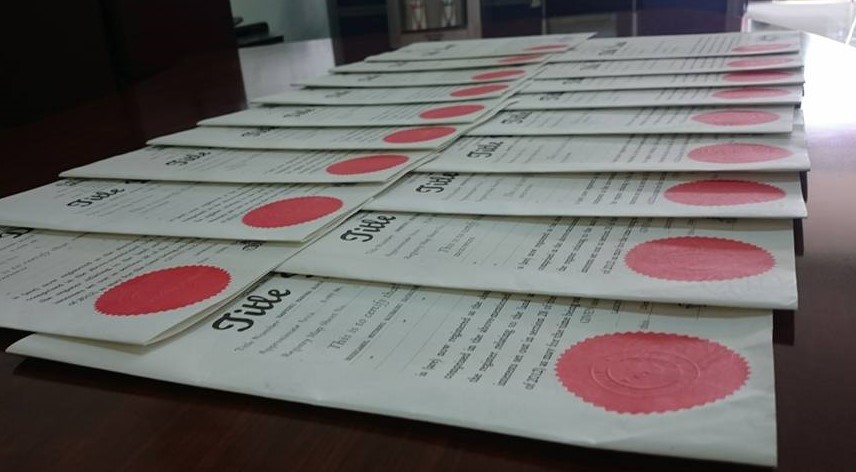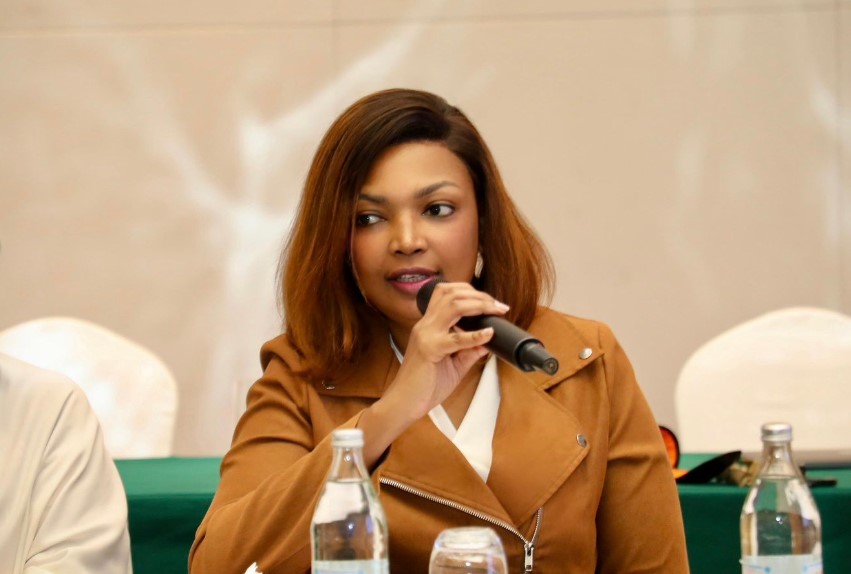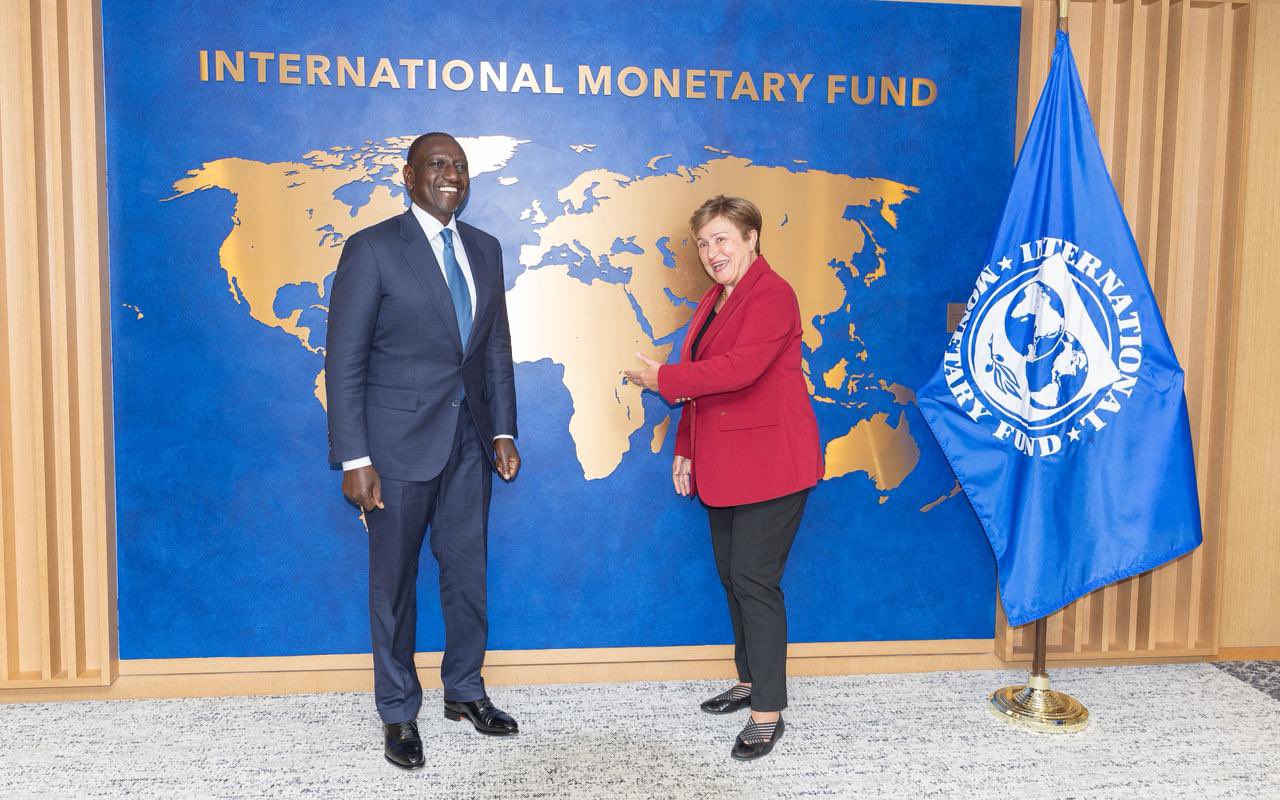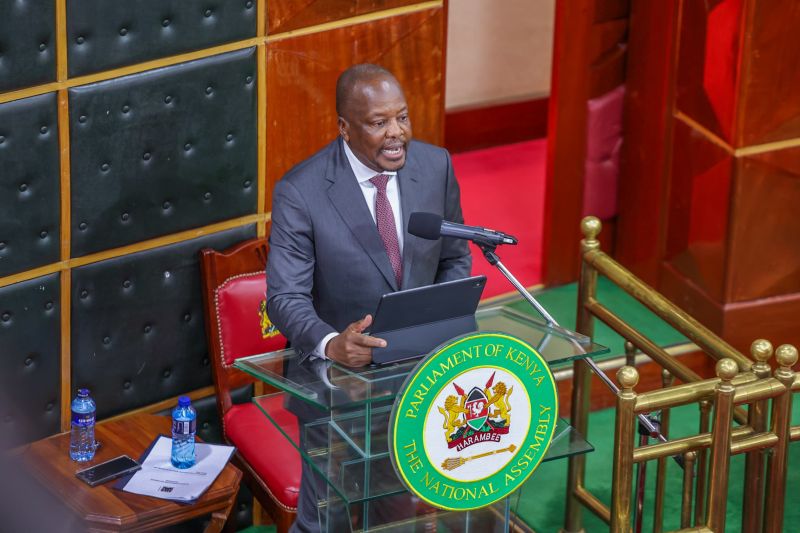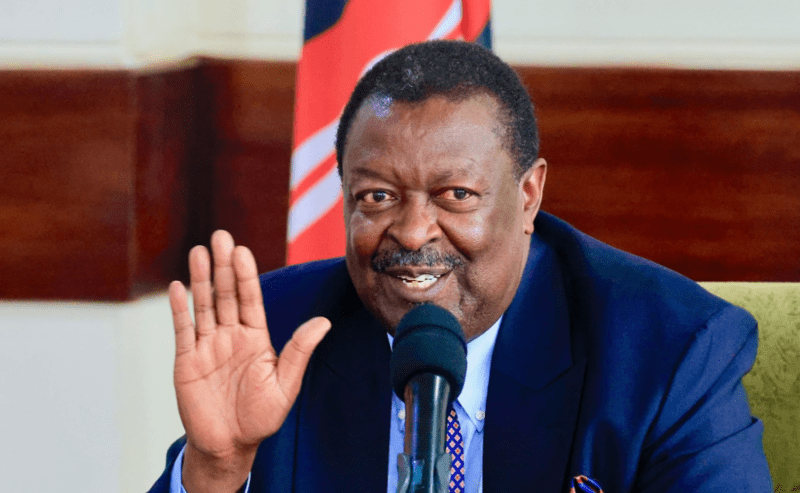Gadaa system: Centuries-old tradition uniting Borana, Oromo communities in Kenya and Ethiopia
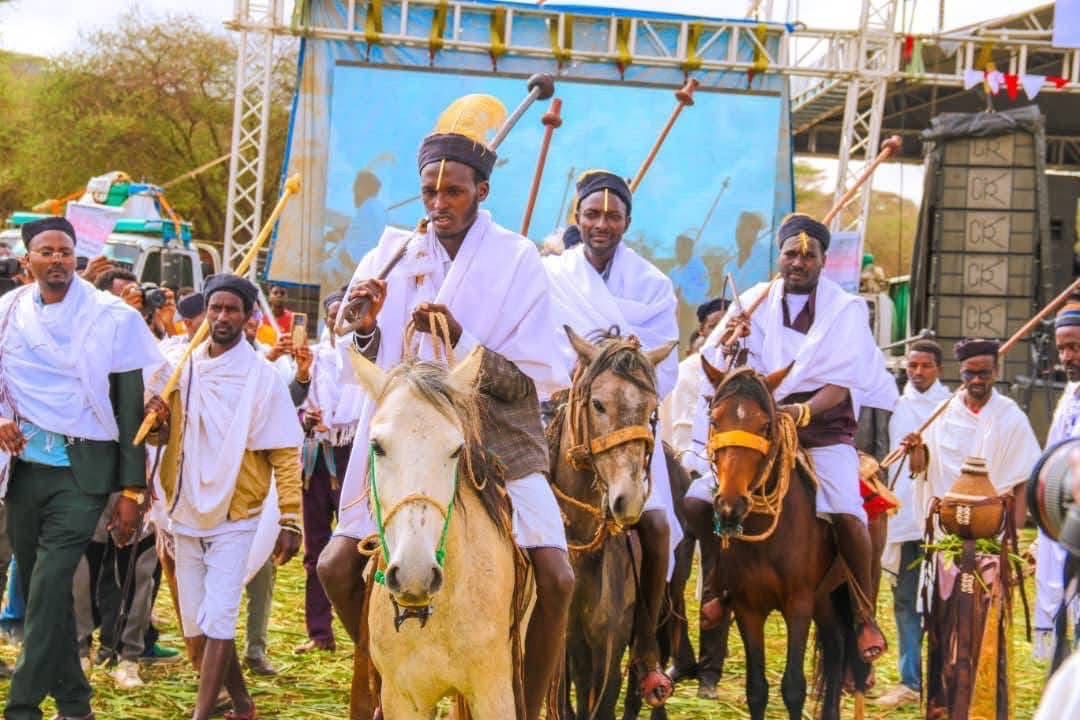
The two communities who share ancestral lineage are one of the largest ethnic groups in Sub-Saharan Africa belonging to the Cushitic speaking in Ethiopia and Kenya.
The Gadaa traditional system that unites the Oromo and Borana communities in Ethiopia and Kenya is a unique indigenous democratic process that has thrived for centuries.
The two communities who share ancestral lineage are one of the largest ethnic groups in Sub-Saharan Africa belonging to the Cushitic speaking in Ethiopia and Kenya.
More To Read
- Marsabit residents demand reopening of Hillo gold mines amid hunger and job loss
- Mount Ziquala monastery attack sparks conflicting claims as OLA denies involvement, blames gov’t strategy to rekindle tensions
- Borana community gets new chairman for council of elders in colourful ceremony
- Violence at the Kenya-Ethiopia border: What’s driving insecurity in the region
- Tensions high in Marsabit as OLA, Ethiopian forces clash across the boarder
- Isiolo women go the extra mile to preserve rich Borana culture
Last Sunday, the Borana and Oromo communities from the two neighbouring countries, assembled at the sacred grounds of Arda Jiila Badassa in Arero, Ethiopia to install a new leader through their long-sustained purely indigenous democratic tradition of the Gadaa system.
In a periodic election held every eight years, the two communities gathered to coronate Abba Gadana Guyo Boru as the 72nd supreme leader of the Gadaa system.
In the colourful traditional transfer of power, Abba Gadana Boru led a traditional system of governance that officiates social-political, rituals, and economic administrative systems which the two ethnic communities have organised and managed for centuries.
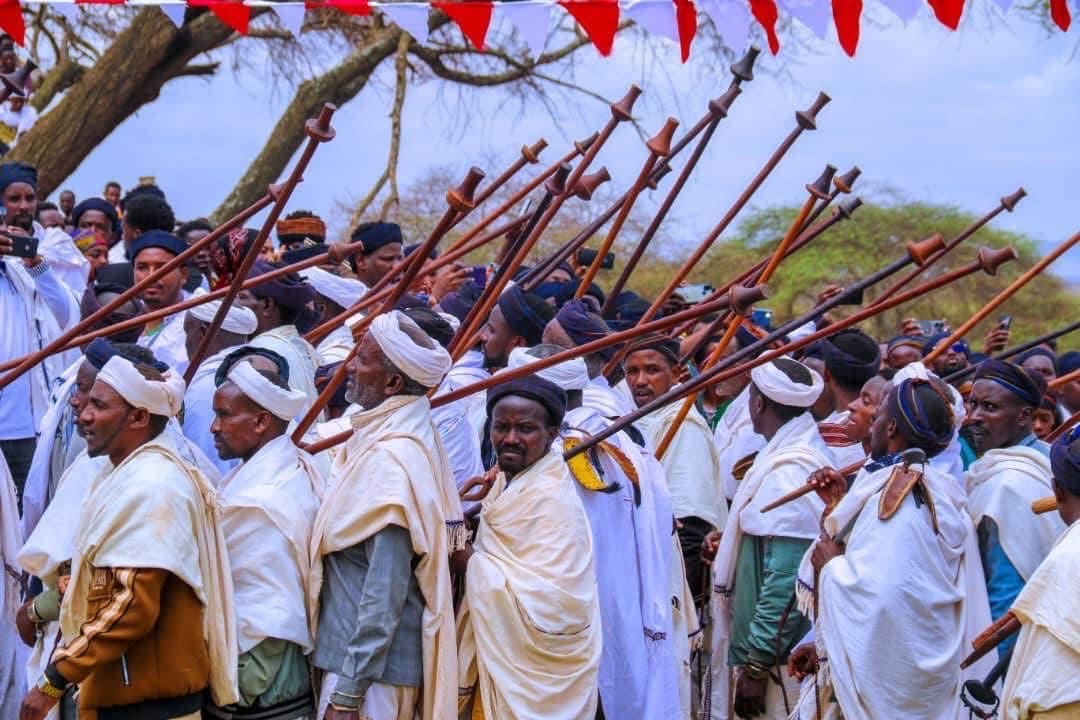 Participants perform traditional dances during the Gadaa ceremony. (Photo: Issa Hussein)
Participants perform traditional dances during the Gadaa ceremony. (Photo: Issa Hussein)
According to Mohamed Guyo Huka, a Borana elder in Garissa who attended the ceremony, before the inauguration of the Gadaa leader, celebrations began a week earlier with different activities.
"Before the actual transfer of power elders of different hierarchical positions of the Gadaa system, dressed in their traditional costumes gather to perform traditional dances. The youth similarly perform colourful traditional dances," he said.
"Another process begins where Gumii a legislative branch of the Gadaa system spearheads communal discussions, amendments of old laws and adoption of new laws in a well-participated discussion."
The elder further revealed that amendments were on marital issues and handling clan disputes among other wider communal issues.
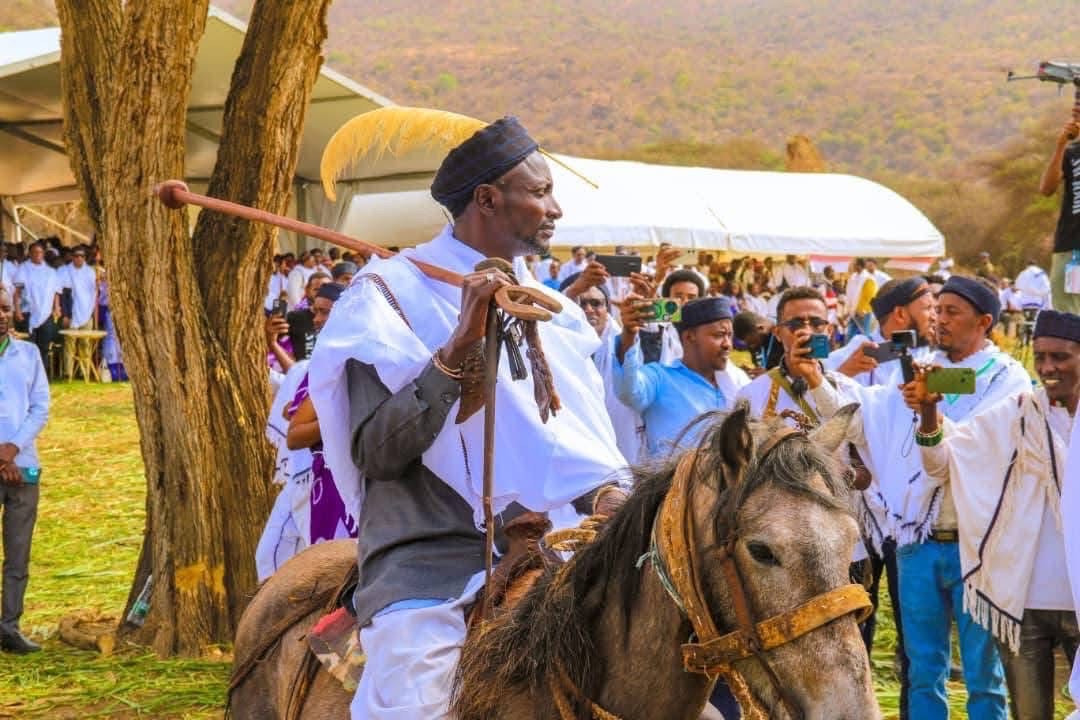 Abba Gadana Guyo Boru and his delegation of Guji members arrive at the ceremony riding on horses on March 9, 2025. (Photo: Issa Hussein)
Abba Gadana Guyo Boru and his delegation of Guji members arrive at the ceremony riding on horses on March 9, 2025. (Photo: Issa Hussein)
He emphasised how the Gadaa system upholds the principle of consensus-based decision-making and democratic process.
He further elaborated how on the material day of power transfer, the process begins with the arrival of the incoming leader Aba Gadaa who arrives in the morning riding horses with a delegation of eight members known as Guji, each representing his clan.
"They will escort the new leader set to take his role to the ceremony where the serving Aba Gadaa is waiting to transfer power," he explained.
The incoming Aba Gadaa greets the outgoing who will ask him if he is ready for the transfer of power. He replies "Yes!" saying "The authority is mine but you will have an advisory role."
Then the advisor of the former Aba Gadaa unplugs the feather from the head of the outgoing Aba Gadaa and gives it to the advisor of the incoming who will plug on the head of the incoming Aba Gadaa, symbolising the transfer of power.
During the weekend historic ceremony of inauguration of the new Abba Gadaa, the Marsabit Governor Mohamud Mohamed Ali led a delegation of Borana and Oromo community leaders from Isiolo, Marsabit and Tana River counties to mark the historic traditional ceremony.
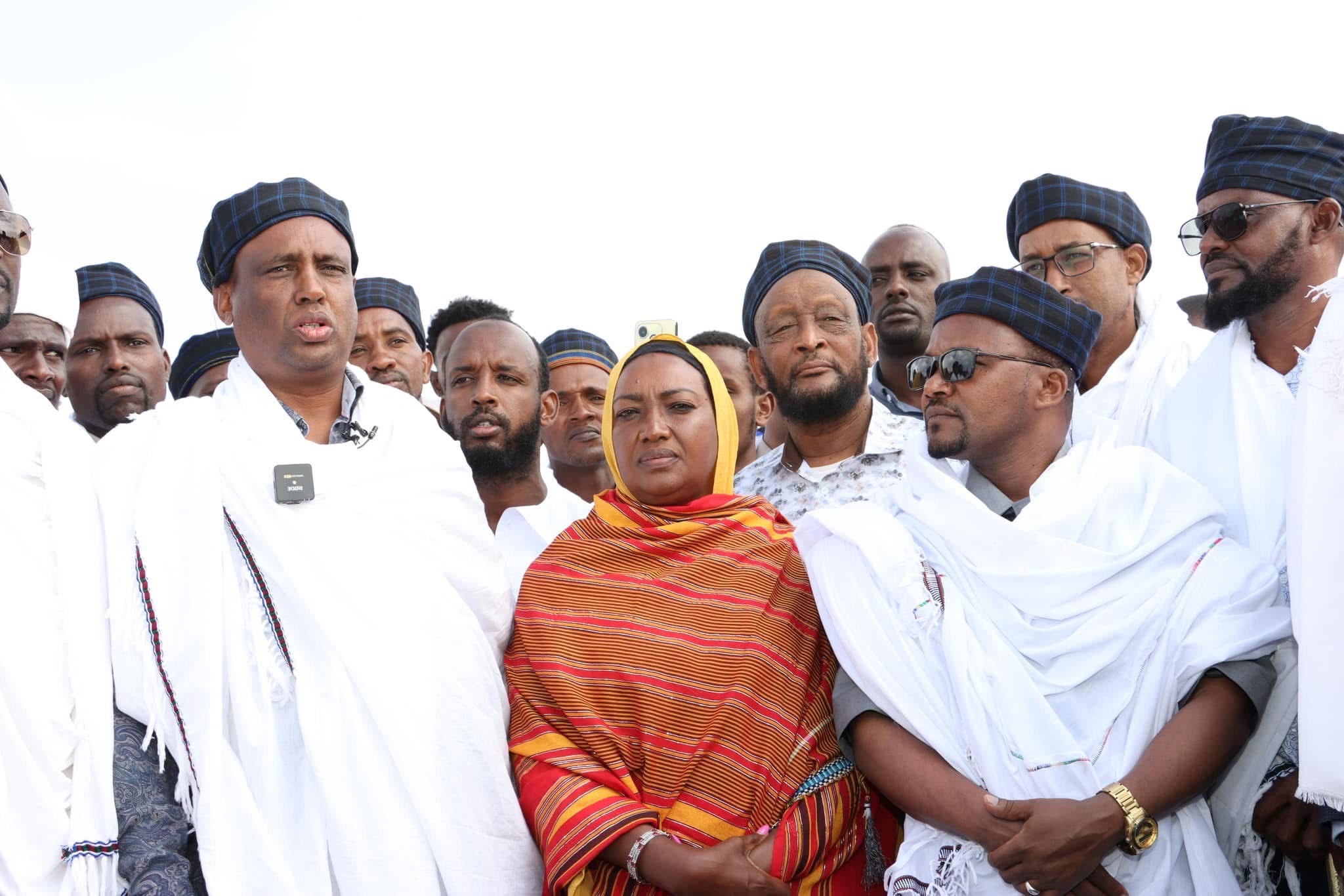 Marsabit Governor Mohamud Mohamed Ali and Marsabit Woman Representative Naomi Waqo in their traditional costumes during the Gadaa ceremony to crown Abba Guyo Boru Arda Jiila Badassa in Arero, Ethiopia on March 9, 2025. (Photo: Issa Hussein)
Marsabit Governor Mohamud Mohamed Ali and Marsabit Woman Representative Naomi Waqo in their traditional costumes during the Gadaa ceremony to crown Abba Guyo Boru Arda Jiila Badassa in Arero, Ethiopia on March 9, 2025. (Photo: Issa Hussein)
Speaking during the ceremony the governor expressed his gratitude to the Ethiopian government for its support of the Gadaa system.
He lauded the system as the oldest form of democracy where peaceful transfer of power had existed for centuries.
The Ethiopian Oromia regional president Shimelis Abdisa, who was the chief guest appreciated the efforts by the Community to sustain and cherish their tradition from one generation to another.
He said the Gadaa system was more than just a culture but a complete way of life, encompassing ethics, law, and identity for the Borana and Oromo communities.
He assured the newly Installed Abba Gadaa and his administration that the regional government will continue to preserve and promote the Gadaa system.
UNESCO recognized the Gadaa system in 2015 as an indigenous system of self-governance.
Top Stories Today
